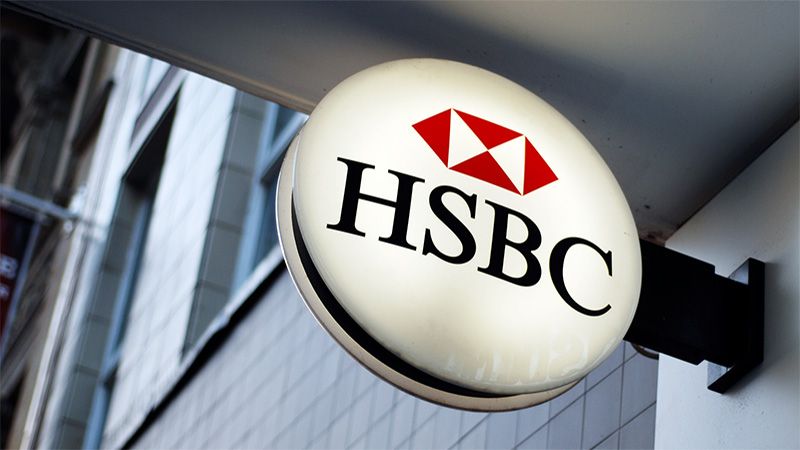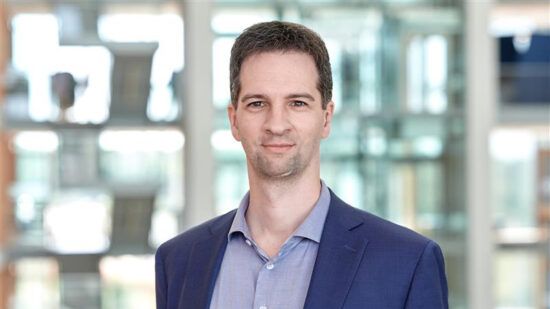HSBC’s CEO Georges Elhedery and chair Mark Tucker reaffirmed the bank’s commitment to its long-term net-zero ambition at its annual general meeting (AGM) last Friday (2 May), agreeing to meet with investors but stopping short of addressing concerns about backsliding.
Investors including the Ethos Foundation, Nest Corporation, LAPFF, Trinity College Cambridge, the Church of England PB, Rathbones Investment Management and Sparinvest were among 30 investors managing £1.2trn in assets calling on HSBC to restate its commitment to net zero and use its announced review of climate targets to build on progress.
The statement, signed by the group, was read out by ShareAction at the AGM.
The HSBC board also confirmed its intention to continue holding hybrid AGMs, after ShareAction questioned the bank following reports that it was considering meeting entirely online – a good step forward to preserve shareholder democracy, according to Jeanne Martin, head of the banking programme at ShareAction.
ShareAction also followed up on the issue of the impact of liquefied natural gas projects on indigenous communities and the environment in the Rio Grande Valley.
Also read: ShareAction warns banks to ‘expect shareholder action’ if they don’t set robust climate targets
However, the bank nearly breached the rights of shareholders and representatives from the Global South who had travelled to the AGM to raise concerns about the impact of HSBC’s fossil fuel financing on their communities. HSBC tried to end its AGM early, preventing those shareholders from asking their questions, despite having registered them in advance.
“Only after significant heckling by retail shareholders did the bank allow those two representatives to speak. AGMs are meant to be a forum for shareholders, big and small, to raise concerns and enter into a dialogue with the board,” Martin said.
“It’s the second year that HSBC has attempted to abruptly end its AGM. Last year, investors such as the Church of England Pensions Board and Jesuits in Britain were not able to ask their climate-related questions. We call on the bank to address this significant corporate governance issue at next year’s AGM.”
HSBC ‘cannot be trusted to act alone’
Elsewhere at the AGM, Ugandan climate activist, Patience Nabukalu, hand-delivered an open letter from global majority youth activists to HSBC’s CEO Elhedery, calling for the bank to end its link with the controversial East African Crude Oil Pipeline (EACOP) – a major 1,443km pipeline that will transport crude oil from Lake Albert in Uganda for export from the Port of Tanga in Tanzania.
Despite publicly stating HSBC is not involved in the financing of the project directly, between 2016 and 2020, the bank provided $1.78bn in finance to companies involved in the project, specifically energy company Total, according to the #StopEACOP website.
“Every year HSBC delays climate action, and every pound it pours into fossil fuels projects like the East African Crude Oil Pipeline, my community loses a little more: another harvest, another home, another flood preventing children in Uganda from going to school,” Nabukalu said.
“As HSBC meets for its AGM, millions of its customers in the UK have a choice: speak up, hold their bank to account and help protect communities like mine from climate disaster.”
Zahra Hdidou, senior climate and resilience advisor at ActionAid UK, added: “HSBC’s recent climate backslide can’t be excused by global economic pressures. Whether in times of profit or crisis, the bank has blindly continued to pour billions into destructive industries, no matter the cost, especially to women and girls in the global majority.
“HSBC faces mounting pressure over its billions in financial support for fossil fuel projects like the EACOP. The ecological breakdown caused by these projects is wreaking havoc on entire communities, destroying livelihoods and costing lives, all while pushing the global economy to the brink.
“HSBC cannot be trusted to act alone. The government must step in and introduce regulation to stop UK banks from financing pollution immediately, not decades from now.”








